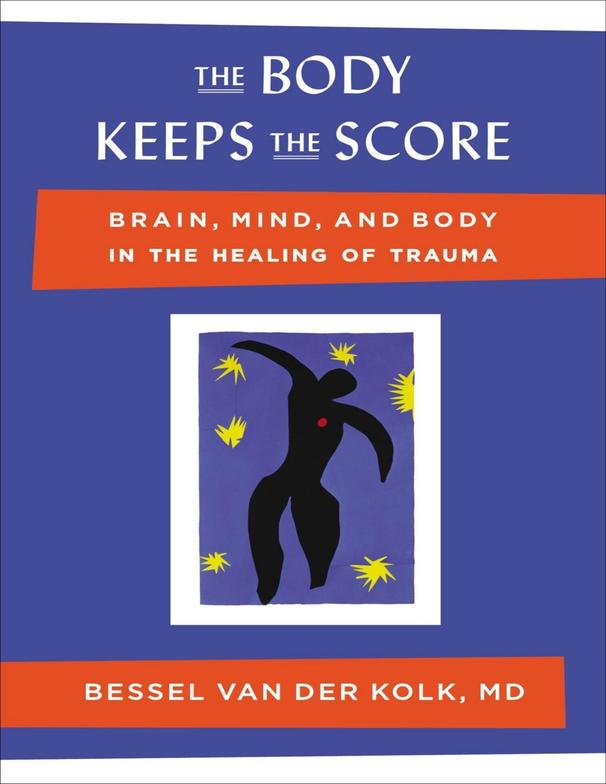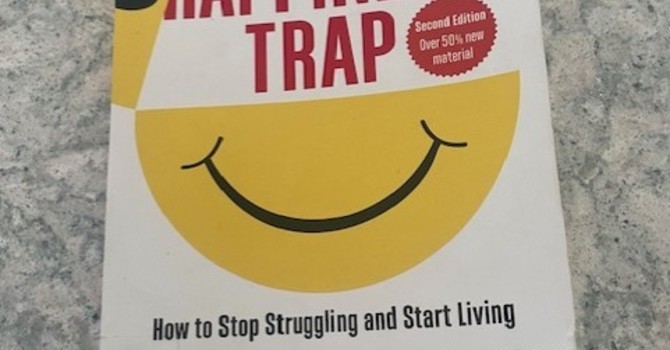
If you’re in a relationship with someone who has experienced trauma, I recommend “The Body Keeps the Score: Brain, Mind, and Body in the Healing of Trauma” by Bessel van der Kolk. I also suggest it to clients who have experienced trauma, but with caution. While this book is excellent, it could be triggering for some people. I advise those with a trauma history to take their time reading it and ensure they have support. The content is somewhat technical and can be a challenging read, so most readers may need time to digest it.
Bessel van der Kolk is a renowned psychiatrist, neuroscientist, and trauma expert. In other reviews, I mention both him and Bruce Perry, as their books on trauma are excellent resources. Bessel integrates decades of research and clinical experience into this book, exploring how trauma reshapes both the body and brain. He discusses how trauma affects the nervous system, leading to a wide range of physical and psychological.
One of the key concepts in the book is that trauma disrupts the brain’s natural equilibrium, leading to changes in areas responsible for memory, emotional regulation and perception of safety. The concept of the body ‘keeping the score’ refers to how traumatic experiences can manifest in physical symptoms, often long after the traumatic event.
The book also discusses the role of the central nervous system, specifically the autonomic nervous system in trauma response, particularly the fight, flight and freeze response. Van der Kolk discusses how chronic trauma can lead to a state of hyperarousal, or dissociation, impacting overall well being.
In addition to the physical affects, Van der Kolk explores how trauma affects attachment and relationships, often leading to difficulties in trust and intimacy. Healing from trauma involves creating a safe, supportive relationships and environments.
I always like a book that has suggestions about treatment or therapeutic approaches, and this book advocates for a variety of therapeutic approaches. Van der Kolk indicates that treatment needs to go beyond traditional talk therapy and include EMDR (Eye Movement Desensitization and Reprocessing), neurofeedback, yoga and body work. He emphasizes the importance of integrating body-focused therapies, as trauma survivors often experience physical sensations and body memories that verbal therapy may not address.
“The Body Keeps the Score’ is an invaluable resource for trauma survivors and those who care about them. It provides insight into the nature of trauma, its impact on relationships, and pathways to healing. The book empowers survivors by explaining the science of trauma, helping them understand that their symptoms are a natural response rather than a personal failure. Many survivors and their loved ones will likely recognize their own experiences in the detailed accounts within the book.
Karrie Derbyshire
Contact Me



